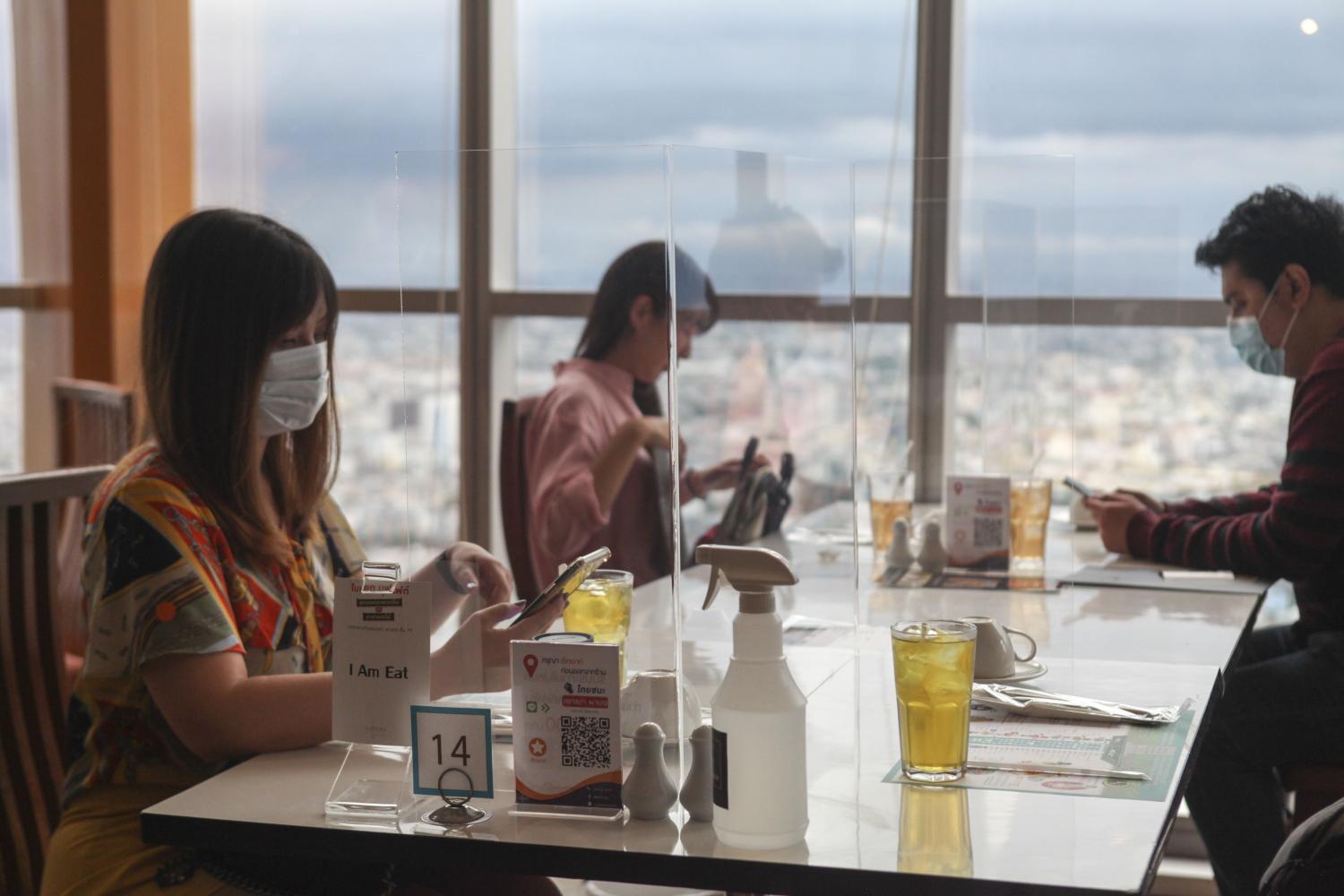
Hotel operators want the Centre for Covid-19 Situation Administration (CCSA) to lift the ban on drinking alcohol at hotels so they can compensate for weaker occupancy rates with F&B revenue.
Poor tourism sentiment has led to fewer bookings, generating less revenue for hotels.
But some properties have outlets serving outside guests and have survived by selling food and beverages, said Marisa Sukosol Nunbhakdi, president of the Thai Hotels Association (THA).
F&B revenue for large hotels in Bangkok normally accounts for 40-50% of earnings, including banquet and meeting services.
Mrs Marisa said during special events, hotels can gain extra revenue from in-house restaurants, including celebrations for Chinese New Year and Valentine's Day when many hotel outlets are fully booked.
She said the operators acknowledge CCSA concerns that mass gatherings involving alcohol might increase virus exposure, but all hotel outlets strictly comply with CCSA measures to ensure high safety standards, such as limiting the number of seats to avoid a crowd.
"Most guests don't come to hotel restaurants for a party. They just want to enjoy a meal," said Mrs Marisa.
"Allowing hotels to serve alcohol can increase revenue during this critical period."
Last week the CCSA insisted on retaining the booze ban in restaurants, though new data found more people threw private parties at their houses, which caused a higher rate of infection.
She said every source of revenue is essential for hotel operators if the government wants them to retain employees. Many hotel workers have been laid off and are struggling to find a new job.
THA has received a number of complaints from former hotel staff about inequality when they sought financial relief from government schemes.
"Many hotel employees were laid off earlier this year with the impact of the new outbreak. Yet they were excluded from government assistance because their taxable income for the 2019 filing exceeded the criteria," said Mrs Marisa.
Under the Rao Chana (We Win) scheme, eligible informal workers should have bank deposits of under 500,000 baht and annual taxable income cannot exceed 300,000 baht, or 25,000 baht per month, for the 2019 tax filing.
She said the limitation on bank savings is unreasonable, as some workers received compensation from companies or provident funds that they kept saving for many years.
